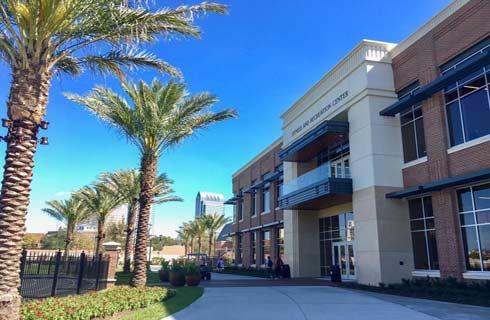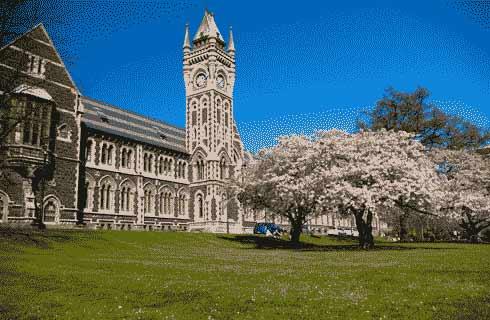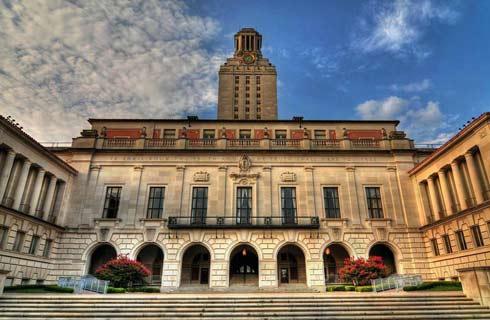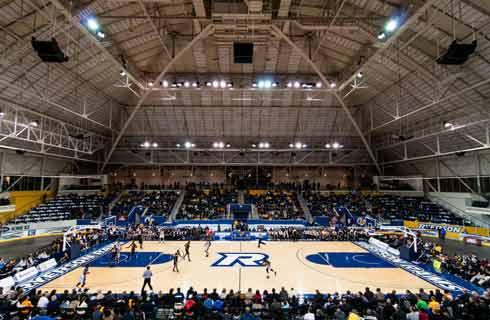- IDP China>
- 课程库>
- 自然科学>
- 自然科学与物理学>
- 其他自然与物理科学>
- BSc (Hons) Food Science and Nutrition with foundation year and professional training(University of Surrey)
BSc (Hons) Food Science and Nutrition with foundation year and professional training(University of Surrey)


学历文凭
Bachelor Degree with Honours

专业院系
Department of Nutritional Sciences

开学时间

课程时长

课程学费

国际学生入学条件
IDP—雅思考试联合主办方

雅思考试总分
6.5
了解更多
雅思考试指南
- 雅思总分:6.5
- 托福网考总分:88
- 托福笔试总分:160
- 其他语言考试:PTE 67 overall Reading 59 Speaking 59 Listening 59 Writing 64
CRICOS代码: BD49
申请截止日期: 请与IDP顾问联系以获取详细信息。
课程简介
相关申请
 预科
预科 奖学金
奖学金 实习机会
实习机会 在校学习
在校学习 跨境学习
跨境学习 校园授课-线上开始
校园授课-线上开始 在线/远程学习
在线/远程学习
本校相关课程

International Foundation Year - Business, Economics, Law and Social Sciences
学历文凭
Foundation for Undergraduate
开学日期
课程费用总额


International Foundation Year - Computing, Engineering and Physical Sciences
学历文凭
Foundation for Undergraduate
开学日期
课程费用总额


International Foundation Year - Life Sciences
学历文凭
Foundation for Undergraduate
开学日期
课程费用总额


Pre-Masters in Engineering (1 Semester)
学历文凭
Foundation for Postgraduate
开学日期
课程费用总额


Pre-Masters in Engineering (2 Semester)
学历文凭
Foundation for Postgraduate
开学日期
课程费用总额


Pre-Masters in Engineering (2.5 Semester)
学历文凭
Foundation for Postgraduate
开学日期
课程费用总额

其他相关课程

MSc Biotechnology
 林肯大学
林肯大学泰晤士高等教育世界大学排名:501
学历文凭
Masters Degree (Taught)
开学日期
课程费用总额


法学和分析科学(荣誉)理学士学位
 哈德斯菲尔德大学
哈德斯菲尔德大学泰晤士高等教育世界大学排名:501
学历文凭
Bachelor Degree with Honours
开学日期
课程费用总额


理学研究生文凭-植物生物技术
 奥塔哥大学
奥塔哥大学学历文凭
Postgraduate Diploma
开学日期
课程费用总额


医学科学(荣誉学位)学士学位-地理
 悉尼大学
悉尼大学泰晤士高等教育世界大学排名:60
学历文凭
Bachelor Degree with Honours
开学日期
课程费用总额


理学研究生证书-未声明-SCI
 昆士兰大学
昆士兰大学泰晤士高等教育世界大学排名:70
学历文凭
Graduate Certificate
开学日期
课程费用总额


Bachelor of Science in Biotechnology
 乐卓博大学
乐卓博大学泰晤士高等教育世界大学排名:251
学历文凭
Bachelor Degree
开学日期
课程费用总额


























